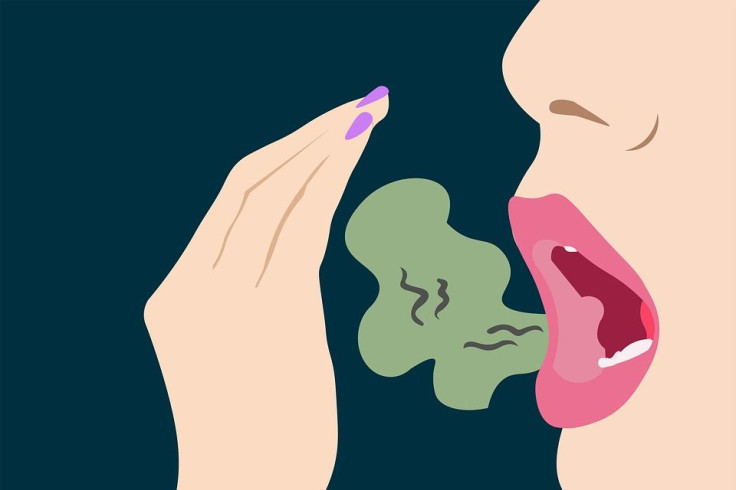Cold Or Sinus Infection: Check Your Breath To Find Out What You Have

KEY POINTS
- Nearly 31 million individuals in the U.S. get sinus infections every year
- Sinusitis might cause symptoms similar to a common cold
- Noticing this in your breath could differentiate between the two
It can be quite difficult to find out the difference between a cold and a sinus infection. Although both of them could cause constant drainage, stuffed-up nose, and tiredness, there are still some ways to differentiate between the two.
If you have been experiencing the above-mentioned symptoms for only a couple of days, chances are that it might be just a cold. But if it prolongs for more than a week, it might be a sinus infection and things might be a little more complicated.
The sign to look for: Bad Breath
A Chicago-based ENT specialist told Women’s Health that bad breath could be a sign of a sinus infection.
Sinus infection or sinusitis is a condition where the hollow spaces surrounding your nose that secreted mucus gets inflamed. Usually, this might be due to bacterial or fungal infection. But there are chances that a respiratory virus that affects your nose and throat- like the one that causes the common cold, might also cause a sinus infection.
Here are some tips to differentiate between common cold and sinusitis:
- Sinusitis lasts longer and could get a little nastier
- Symptoms of sinusitis include stuffy nose, cough, bad breath, fever, fatigue, drainage down the back of your throat, thick white, yellow or green mucus, pressure/pain around your nose, cheeks, eyes, forehead or teeth, and lowered sense of smell and taste
- Common cold symptoms are congestion, runny nose, scratchy throat, sneezing, headache, muscle aches, cough, sore throat, and a low-grade fever
Although there is an overlap between the symptoms of the two, it might be possible that the cold you had that has gotten worse over the week could indicate sinusitis.
“Typically, doctors think of the seven to 10-day mark as their cut-off point for ‘when it’s probably just a cold’ becomes ‘let’s schedule an appointment to get you checked out’,” Inna Husain, MD, an ear, nose, and throat specialist and assistant professor of otolaryngology at Rush Medical College in Chicago, Illinois told Women’s Health.
Even though most sinus infections might clear up without the need for antibiotics, one might need self-care and some over-the-counter medications to manage sinusitis. Staying hydrated and steam inhalation at least twice every day alongside a warm press to the face can help ease facial pain.
OTC drugs like acetaminophen and ibuprofen can also help ease out the discomfort while suffering from a sinus infection.
© Copyright IBTimes 2025. All rights reserved.






















